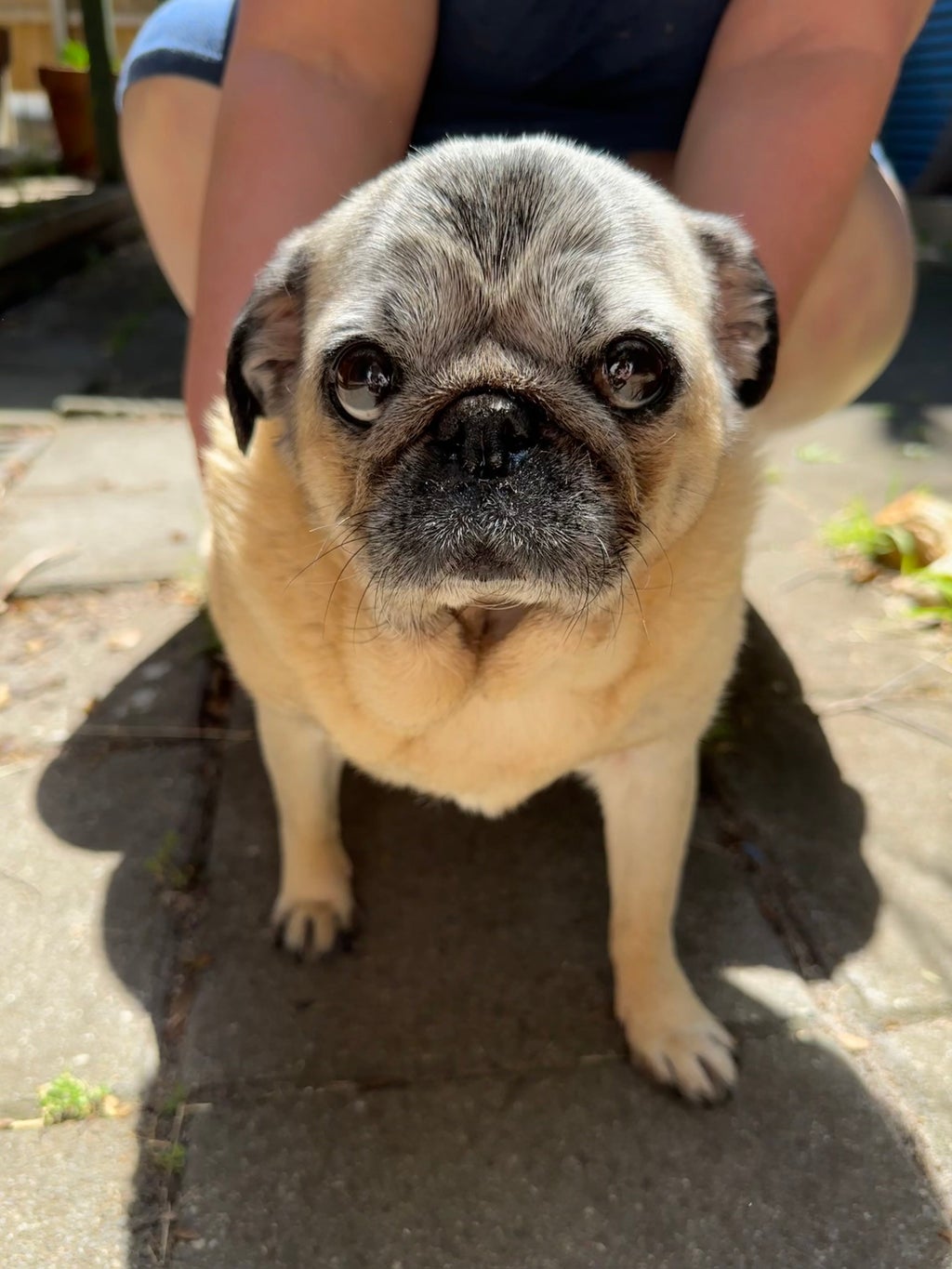Three weeks ago, I got the news that my dog Annabelle had passed away. To begin, I’ll tell you about Annabelle. She was a 10-year-old pug, who, both dead and alive, didn’t have many nice things said about her. She was stubborn, cold, so very annoying, and many other negative adjectives. But she was our Annabelle. She loved her sisters and us, and we loved her more than words could ever describe. No matter the number of times we said that we wanted to get rid of her, none of us ever would. She was our baby, our Belly-Belle.

See, grief isn’t a new concept to me. I have lost three grandparents to strokes, ALS, and emphysema, and have lost a few dogs prematurely. But grief is something that, no matter how many times you go through it, throws you into the deep end every single time. Through these losses, though, I’ve uncovered many truths.
Heartbreak is physical
When I was told the news that Annabelle had passed, I had to clutch my chest, feeling my heart breaking in two. It sounds dumb and anatomically incorrect, but heartbreak is a physical pain. The pain in your chest, the inability to breathe, the headache from crying your soul out for hours. It hurts, and it doesn’t stop for days, weeks, or even months on end, and in this case, an Advil can’t numb the pain — the hole will just exist forever.
You can never truly prepare for a loss
Anyone with a sick pet or relative knows the process of grief you go through when that person or animal is still alive. You come to terms with the fact that they’re getting older, and that they’re on their last leg. Even after you say goodbye, you’re struck by the finality of their death. This grief isn’t always present right away; instead, it sits in wait, ready for when the realization hits: the consciousness of death. It can be even worse when it’s unexpected. There’s no sense of control, or, in my case, any ability to say goodbye and give one last kiss and “I love you.” It’s a photo and a phone call. That’s it.
Grief isn’t linear
Grief isn’t over once you stop crying. It isn’t even over once you feel better. Your grief will attack you at any moment, without any notice. In the same way as how healing isn’t linear, grief follows the same cycle. You get knocked down, then brush yourself off and get back up, over and over again. It’s messy and unpredictable, but that’s just the way it is.
Grief is irrational
Grief can be dumb. Yes, dumb. Why am I crying looking at my bathtub, thinking about how she hated baths? Why am I sad looking at my cat’s feet, thinking of how Annabelle hated having her feet touched? See, it’s stupid and irrational. But ultimately, you can’t help it. It doesn’t make sense, but, in a way, to you it does. Everything is a memory of the one you love: their quirks and all, sometimes manifesting in the weirdest ways.
When the world is falling around you, there is still a part of you that persists through it
In the days following her death, there was no part of me that wanted to move from my spot in my bed. If I could’ve lived on shamrock shakes under the covers of my bed forever, I would’ve. But the reality is, I’m a college student, with a position in a sorority and a cat that relies on me to live. I didn’t have the option to never move again. So, I did what I always manage to do: get up and do my job. Yes, you zone out in your classes, and you find it hard to do anything at all, but one small part of you persists.
Over time, it does get better
It’s a cliché, I know, but it’s true. At some point, the wound isn’t fresh. You can talk through the memories without crying. There are still times when you remember and stop in your tracks as if it’s the first time you’re feeling everything all over again, but then you move on, again and again.
My heart will never recover from the loss of my Annabelle, but her memory will forever be something that I hold sacred within me, no matter what.


